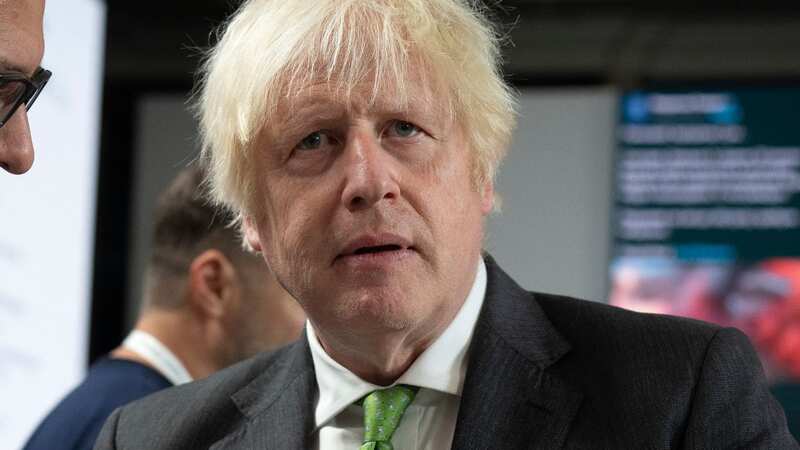'We must confront the costly silence on our Ukraine war aid promise'
Eighty years ago today, Russian soldiers were fighting and dying to free Ukraine from Nazi occupation.
The battle for Kiev, as the capital was known, lasted until December 22, 1943, when the Red Army smashed Hitler’s 4th Panzer corps.
Alyosha, the Soviet version of Tommy, was welcomed as liberator then, but now he is the oppressor.
And war in Gaza has diverted attention from this 21-month-old conflict. Nervous Western eyes are fixed on the Middle East, while Moscow intensifies its onslaught against Eastern Europe, tripling its military budget.
The war is not going as well as hoped. President Zelensky had to slap down his top commander’s frank admission of a stalemate on the battlefront.
 Teachers, civil servants and train drivers walk out in biggest strike in decade
Teachers, civil servants and train drivers walk out in biggest strike in decade
But there is no disguising the disappointing outcome to Ukraine’s counter-offensive against the one-fifth of his country occupied by Russia.
With “war fatigue” gaining ground in the West, particularly among Republicans vying for power in Washington, it was reported (and officially denied) that the US and Germany are pressing Kyiv to sign a peace deal with the Kremlin, recognising the current “frozen” borders.
This would be a national humiliation and a climbdown too far for Zelensky, who would be finished. So it won’t happen. Not yet, not for a long time yet. Perhaps never. But like most wars, the outcome is unpredictable. And it’s unwise to bet the farm on a result.
Boris Johnson was too quick to don his flak jacket and commit the UK to Ukraine’s total recovery of lost territory.
His grandiose pledge to see it through to the end has cost taxpayers £4.6billion so far – more than four times as much as the Tories have denied as emergency funding for the NHS this winter.
Labour signed up to the Boris bravado, so there is virtually no serious political debate about what happens if the military deadlock cannot be broken. This silence, like the war, can’t last for ever.
Read more similar news:
Comments:
comments powered by Disqus


































